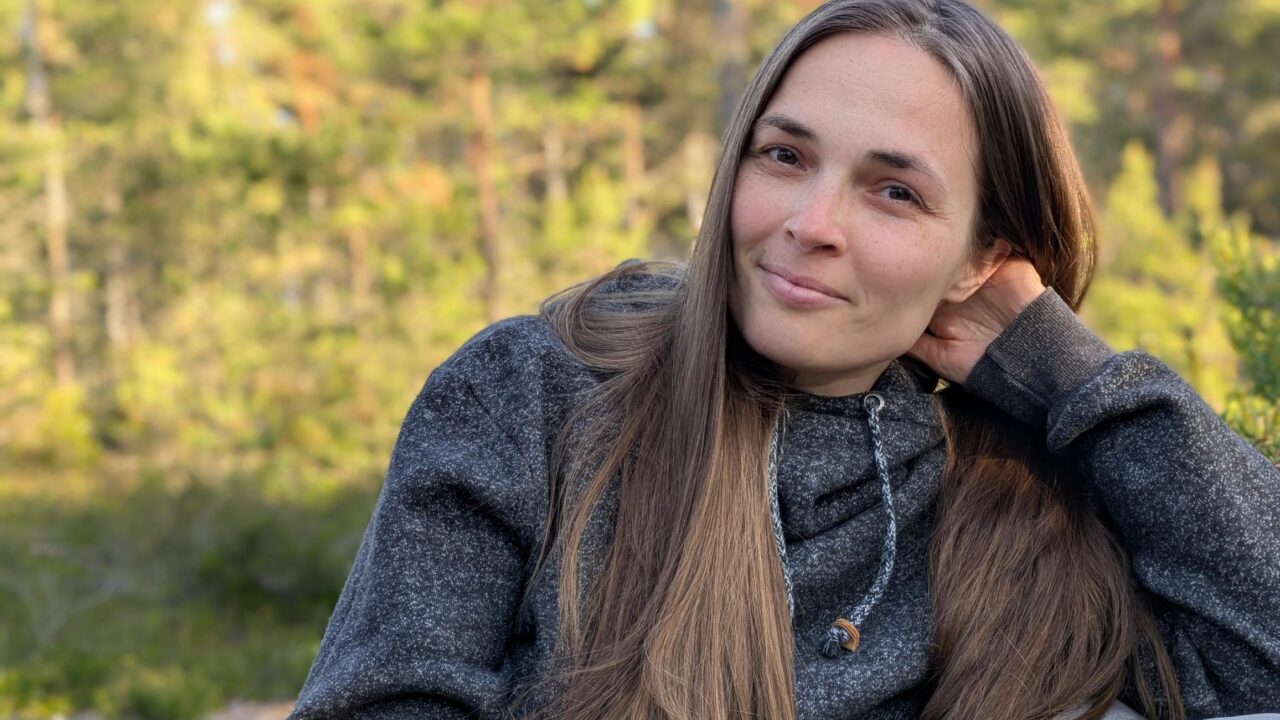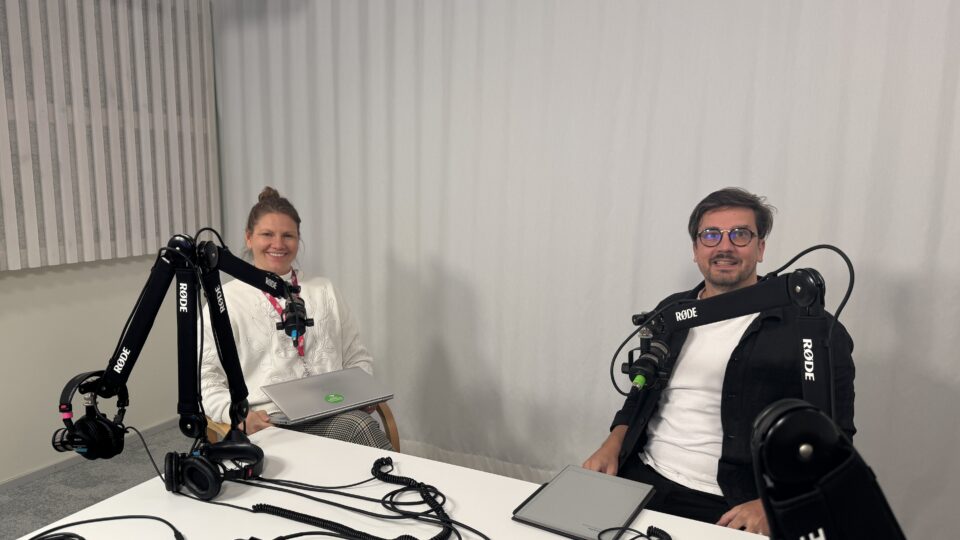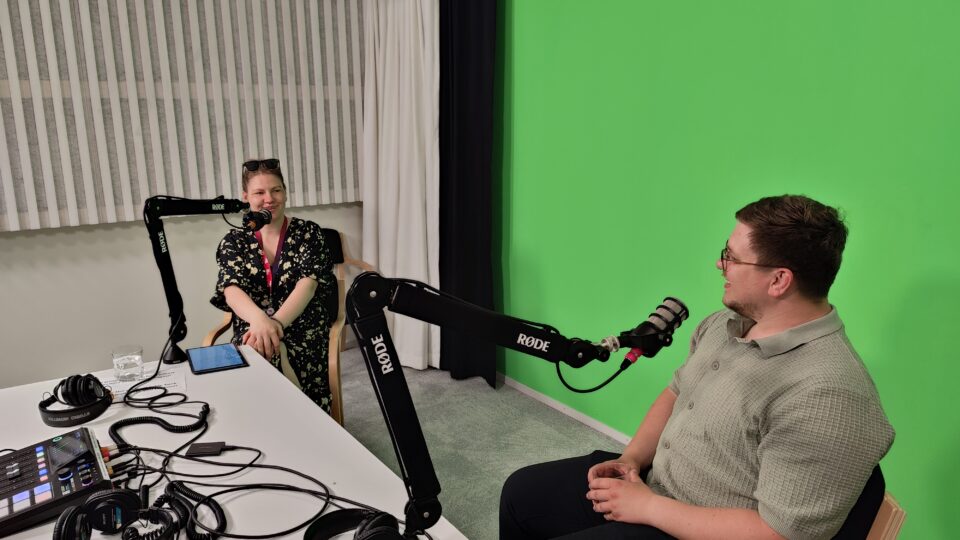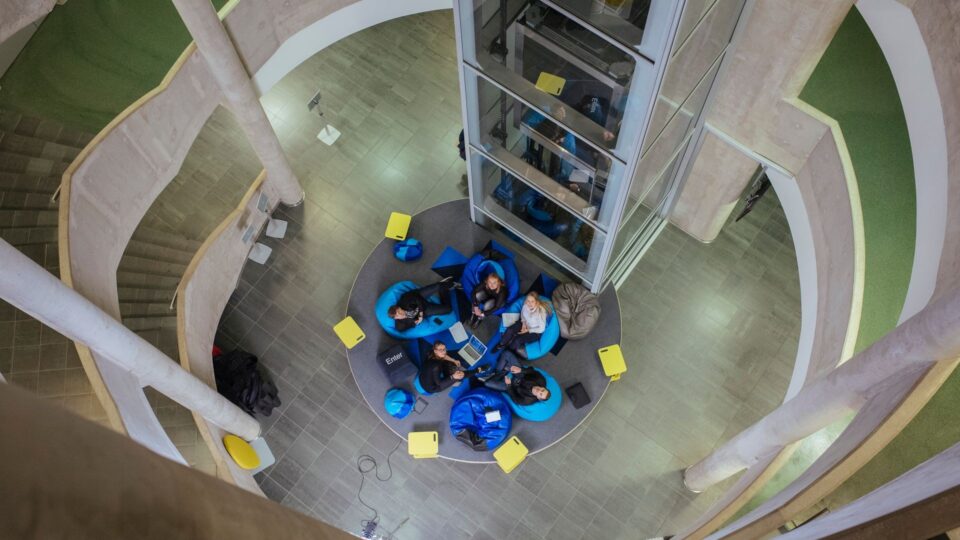The Ministry of Education and Research has allocated funding from the ASTRA+ measure to help the university elevate its knowledge transfer capabilities to a new level. At the same time, the Ministry of Economic Affairs is preparing an additional support programme aimed at bringing science-intensive ideas to market.
According to Rute, this gives the university a rare opportunity to carry out larger and more impactful projects than before: “We have a very positive problem – the state wants to support the entrepreneurial direction of universities.” For the university, this brings a great deal of responsibility: the additional funding must lead to concrete results – more science-based companies, new cooperation agreements, and technologies reaching the market that create clearly perceivable value and impact for society.
These support measures are all the more critical as Estonia’s business environment is currently in a volatile state – inflation, tax increases, and geopolitical instability have made companies more cautious when it comes to development.
Three centres, one goal
The university’s technology transfer office consists of three units: the technology transfer centre, the start-up centre, and the business collaboration centre. Their shared goal is to ensure that both researchers and entrepreneurs can find a “door” at the university that opens to the support they need.
The business collaboration centre coordinates and develops communication between the university and companies. Across the university’s faculties, more than twenty people work to connect researchers with businesses – helping identify the right partner, expertise, or laboratory.
The technology transfer centre brings inventions and research ideas to market, maps the university’s intellectual property, evaluates the potential of inventions, and assists researchers in protecting their IP, for example through patent applications. It is crucial to determine whether an idea should become a new company or if it makes more sense to license the technology to an existing firm. Thanks to the centre’s efforts, the number of deep-tech companies founded by university researchers has grown significantly in recent years.
The start-up centre builds bridges between science and the next generation of entrepreneurs. Its focus is on fostering entrepreneurship among students and researchers – ensuring that good ideas don’t remain stuck in a drawer. The centre also organises hackathons, training sessions, and mentoring programmes where participants can expand their knowledge, develop ideas, build teams, and test prototypes.
“We have a very positive problem – the state wants to support the entrepreneurial direction of universities.”
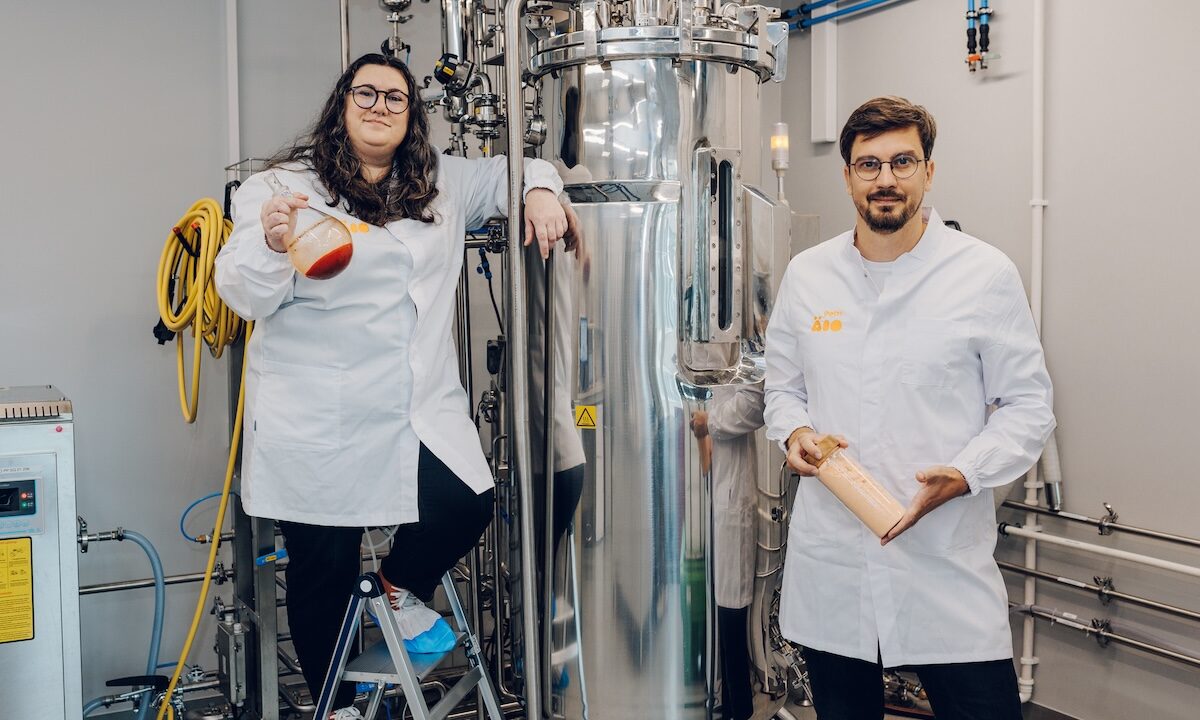
Äio is one of the university’s spin-offs. Pictured: Äio founders Nemailla Bonturi and Petri-Jaan Lahtvee | Photo: Andrei Ozdoba
Less bureaucracy
When the first spin-offs emerged, they often faced complex procedures and drawn-out processes, but according to Rute, the situation is now much smoother. The university’s entrepreneurship processes have become more transparent and faster, thanks in large part to standard contracts and a clearer framework.
Rute advises researchers considering the commercial potential of their idea to contact the technology transfer centre as early as possible. This helps determine whether the idea is worth protecting and, if so, what steps to take. “If an invention or idea has already been presented at a conference, it might be too late to file a patent,” she warned.
Early contact can open up entirely new opportunities – for promising projects, the Entrepreneurship Department offers development grants of up to €30,000 and access to training, international events, and conferences.
There’s also a new approach to the researcher’s role in business. Together with science parks and other universities, the university plans to establish a new position focused on finding suitable co-founders for science-based teams. This would ease the burden on researchers, who would no longer have to carry the full responsibility for commercialising their ideas or leave the university to turn their inventions into companies.
Patents: numbers don’t equal impact
Patent activity in Estonia remains lower than in the Nordic countries. One reason, according to Rute, is that starting a business here is very straightforward – so much so that intellectual property protection often gets overlooked. To ensure good ideas aren’t left unprotected before reaching the market, the Entrepreneurship Department is putting increasing emphasis on training and early-stage advisory.
“The number of patents doesn’t equal commercialisation potential,” Rute stressed. What matters isn’t how many patents a university or researcher holds, but what is being protected, where, and why – and whether that protection will hold value in the relevant markets in the coming years.
That’s where the technology transfer team comes in. Sometimes the smartest move is to sign a licensing agreement; other times it’s to establish a new company. There’s no one-size-fits-all formula – each decision is based on strategic, informed choices.
“The number of patents doesn’t equal commercialisation potential.”
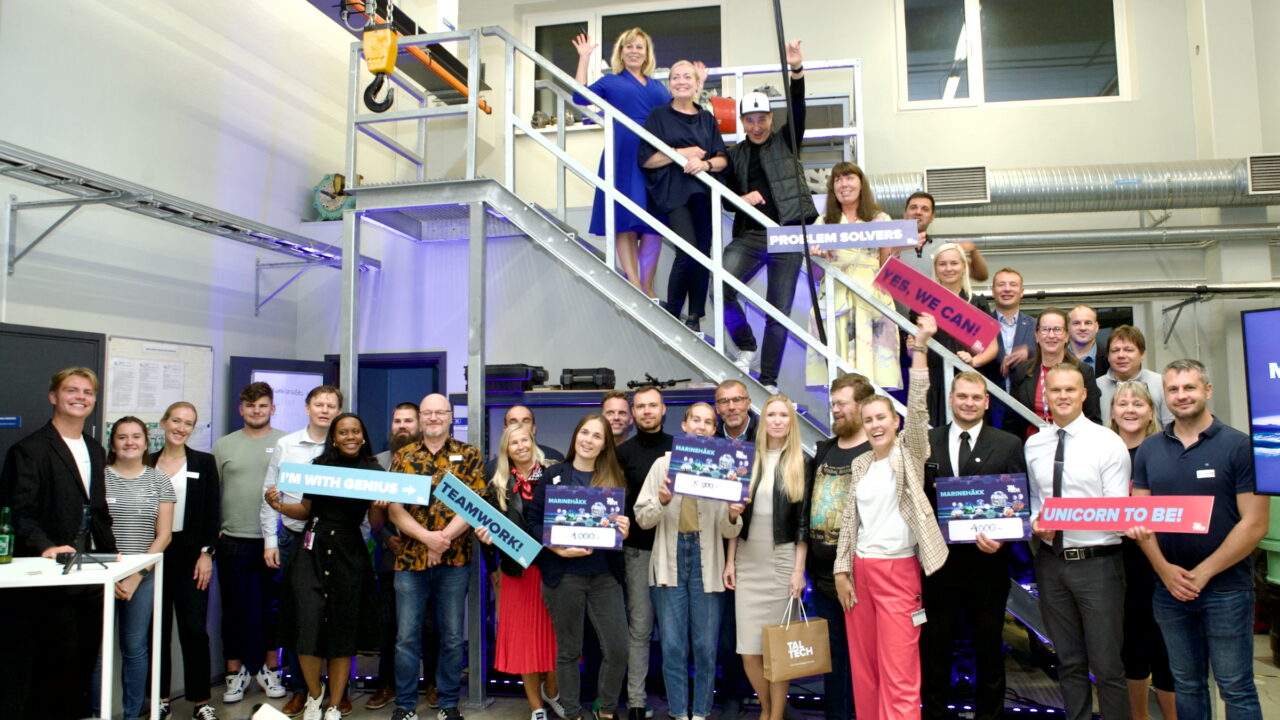
As progress is born out of collaboration, the department is constantly seeking ways to bring researchers and companies together – to share ideas and create new solutions. This includes organising hackathons and niche events tailored to specific fields. Pictured: MarineHäkk 2024 competition teams and jury | Photo: Indrek Gutmann

